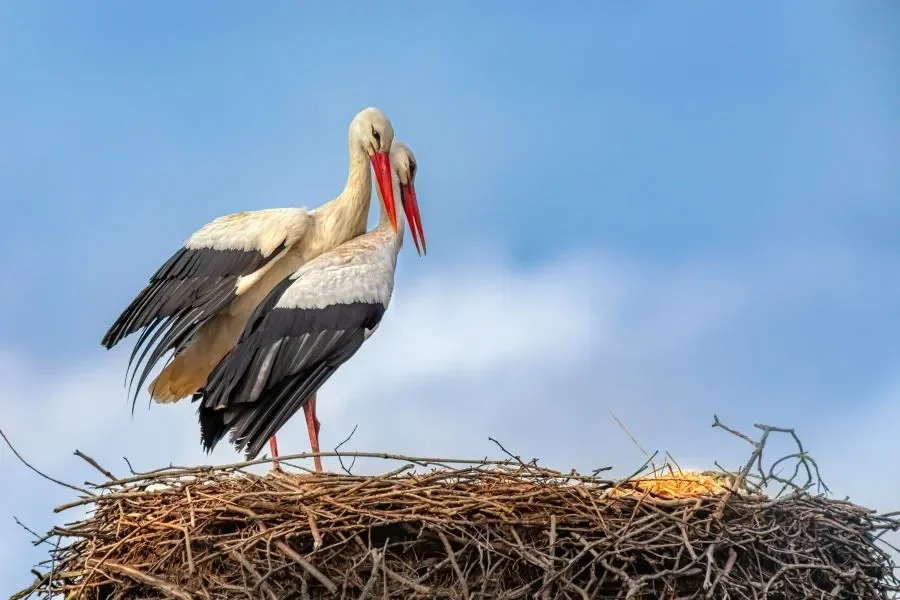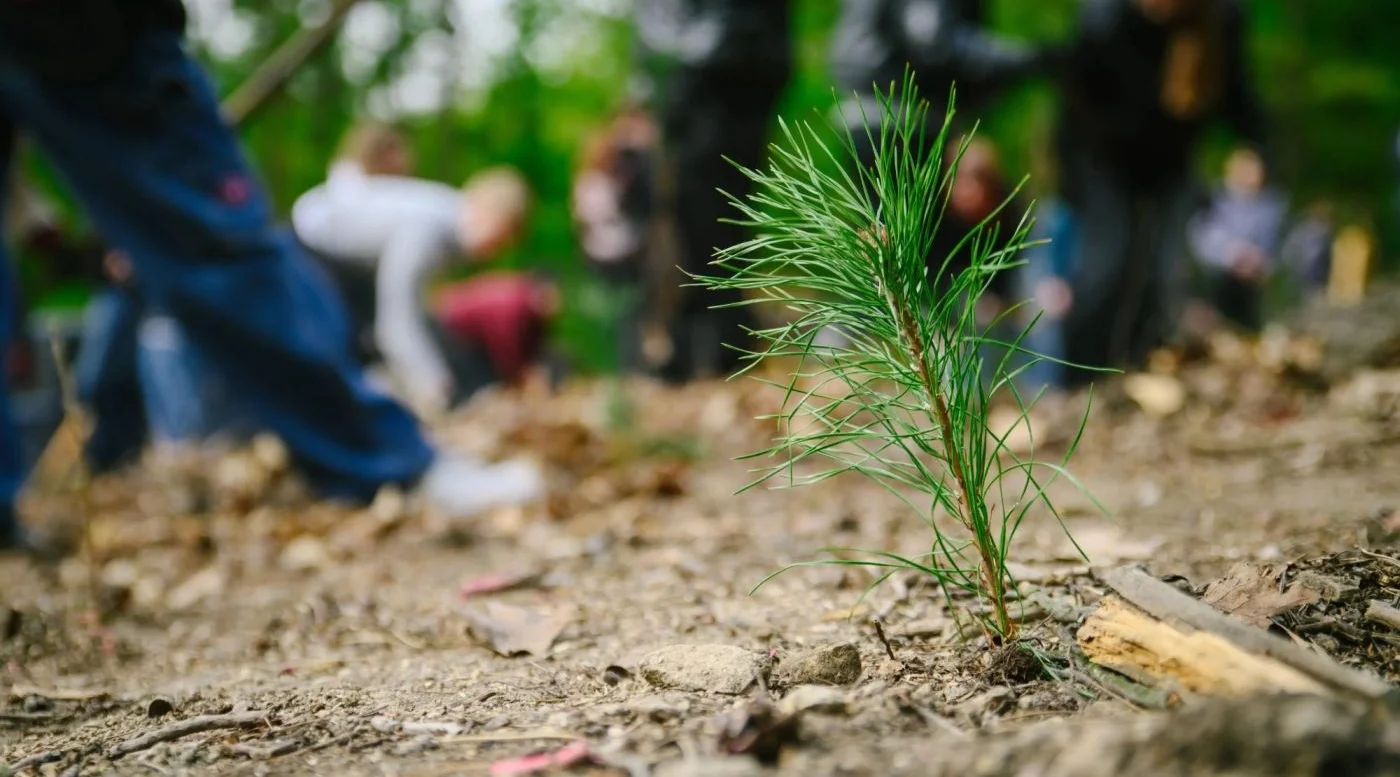
The First Storks Are Back in the Czech Republic
This year's first stork has been spotted in its nest in Kdyně in the Domažlice region
Foto: Erik Karits | Unsplash
The first storks have returned to the Czech Republic—earlier than usual. Milder winters are influencing their migration behaviour, with some birds now wintering in southern Europe instead of Africa. Several storks have already been spotted, particularly in western Bohemia.
According to the Czech Ornithological Society (ČSO), the first pairs were sighted at the beginning of February, mainly in western Bohemia. Ornithologists expect more storks to return from warmer regions in the coming weeks. Their earlier arrival is linked to the trend of increasingly mild winters. Some storks have not travelled far at all, adapting instead to the changing climate by overwintering in southern Europe rather than Africa.
According to a report by the news channel ČT24, this year’s first stork returned to its nest in Kdyně in the Domažlice region. Last year, it arrived on 6 February; this year, it returned even earlier, on 3 February. A few days ago, other storks were also spotted in Cheb, Kynšperk nad Ohří, Spálené Poříčí, and Jistebnice.
The first storks to return to the Czech Republic are those that nest in the west of the country. “These birds migrate along the so-called western migration route and often spend the winter in south-west Europe or Germany, meaning they are closer to their nests than those using the eastern migration route via Turkey to southern Africa,” explains ornithologist Alena Klvaňová from the Czech Ornithological Society (ČSO) to the news channel.
Ornithologists agree that the early return of birds wintering in Europe depends on the weather and food availability, both of which are significantly influenced by the climate. Many migratory birds are not only altering their migration routes but also their wintering grounds. In the case of storks, some individuals now migrate to Spain instead of Africa.
Česká společnost ornitologická
Website | Facebook | Instagram
More from News


THE FIZZ Prague – Student Housing. Just Better: Book your New Home now

